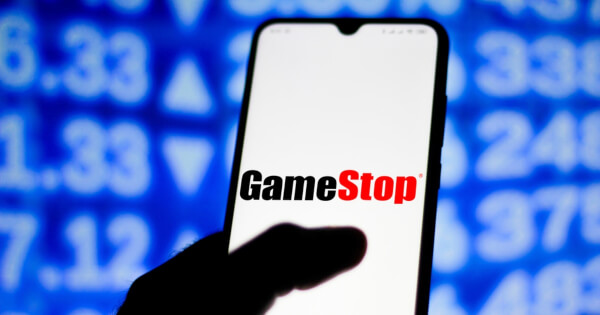GameStop, a popular gaming retailer, recently announced that it will close its non-fungible token (NFT) marketplace on February 2, 2024. The decision reflects a broader trend of GameStop scaling back its involvement. cryptocurrency and related services.
Source: GameStop
The closure of the NFT marketplace is a significant step in GameStop’s gradual retreat from the cryptocurrency world. The company informed users in a statement on its website that starting February 2, 2024, they will no longer be able to buy, sell or create NFTs on the GameStop platform. Nonetheless, GameStop reassured NFT owners that assets that are part of the blockchain will remain accessible and can be traded on other platforms.
GameStop cited ongoing regulatory uncertainty in the cryptocurrency space as the primary reason for this decision. The move is consistent with the company’s cautious stance on digital assets, especially given the unclear regulatory environment. This is part of a pattern of reducing participation in the cryptocurrency sector, including ceasing access to certain digital wallets and reducing focus on crypto-related initiatives after suffering significant financial losses.
Interestingly, this development comes at a time when the cryptocurrency industry is observing a more open regulatory stance from the authorities, with the U.S. Securities and Exchange Commission recently approving 11 spot Bitcoin ETFs. However, GameStop decided to proceed cautiously, prioritizing the security of investor funds and avoiding potential risks associated with the evolving digital asset landscape.
GameStop CEO Matt Furlong highlighted the potential of the cryptocurrency space, but emphasized the importance of navigating this area carefully, taking into account the interests and safety of investors. The company’s decision reflects a growing trend of companies seeking to balance the opportunities presented by digital assets with the need for a clear regulatory framework and risk management.
In conclusion, GameStop’s announcement of the closure of its NFT marketplace is a notable development in the digital asset space. This highlights the challenges businesses face in adapting to the rapidly evolving world of cryptocurrency and the importance of regulatory clarity for the future growth of the sector.
Image source: Shutterstock

